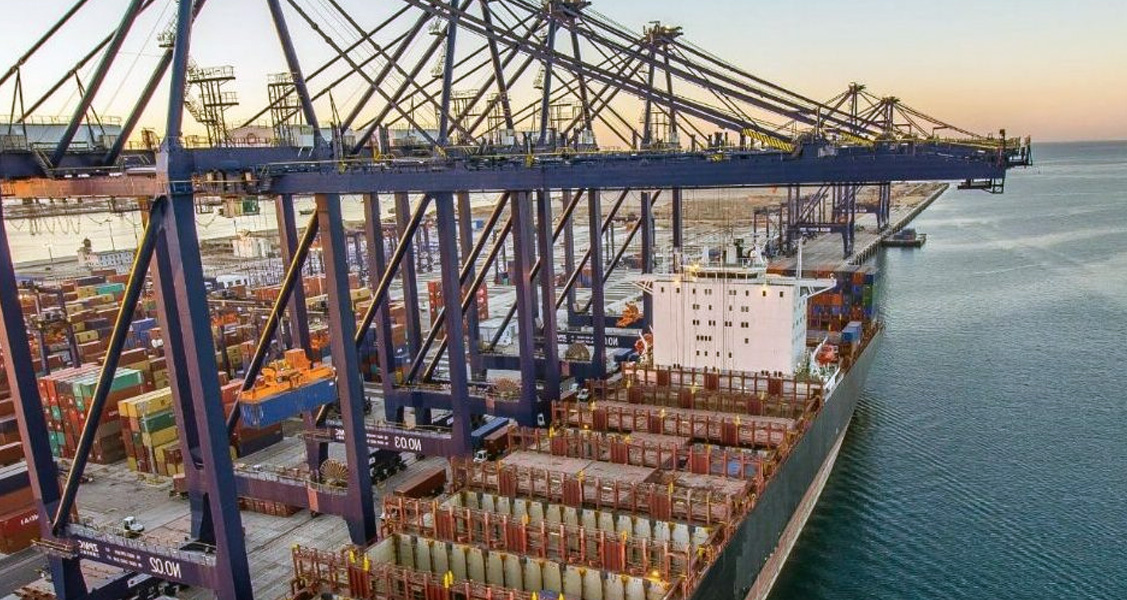
After almost two decades, the Karachi Port Trust (KPT) increased the port fees with immediate effect.
The decision to raise the port fees, according to KPT, was made because, over the past 20 years, the costs of operations, maintenance, and modernization have significantly increased due to the ongoing inflation and the strengthening of the US dollar.
According to the press release, these elements, along with the need to adapt to changing market demands and address infrastructure challenges, have made a tariff adjustment necessary.
In comparison to 1994, the wet charges decreased in 2003, 2006, and 2010. Despite the fact that inflation has significantly increased, the wet charges in the revised SRO 2023 for berthing, port dues, and pilotage are still lower than they were in 1994, it claimed.
“A new slab of gross registered tonnage (GRT) 45,001 to 90,000 has been introduced while capping on Port Dues and Berthing charges on vessels of over 90,000 GRT has also been included to reduce the impact on vessels with high GRT calling at Karachi Port,” it highlighted.
The KPT has decided to either maintain or slightly raise the tariff structure for commodities like edible oil, food, grain, wheat, flour, seeds, fertilizers, meal, pulses, poultry feeds, etc. in order to mitigate any significant price increases, even though the increase in dry charges may have a minimal impact on some sectors.
To encourage more shipping, KPT has lowered the fee for transshipment through the port of Karachi.
Read more: PSCA Unveils June Statistics of Calls Received on 15 Helpline







